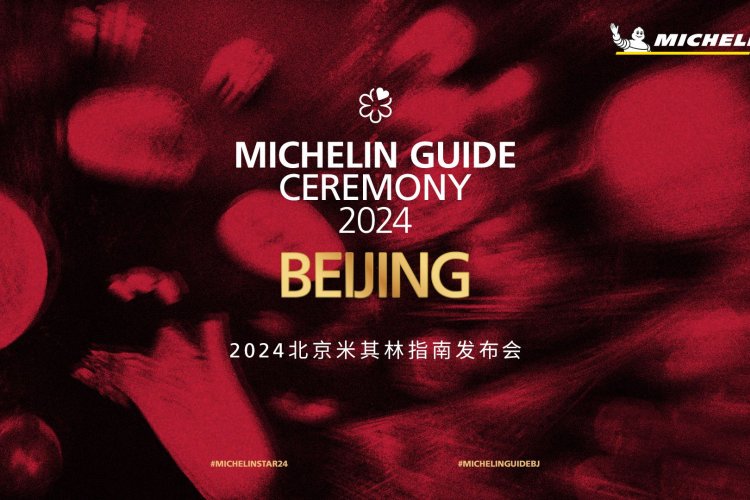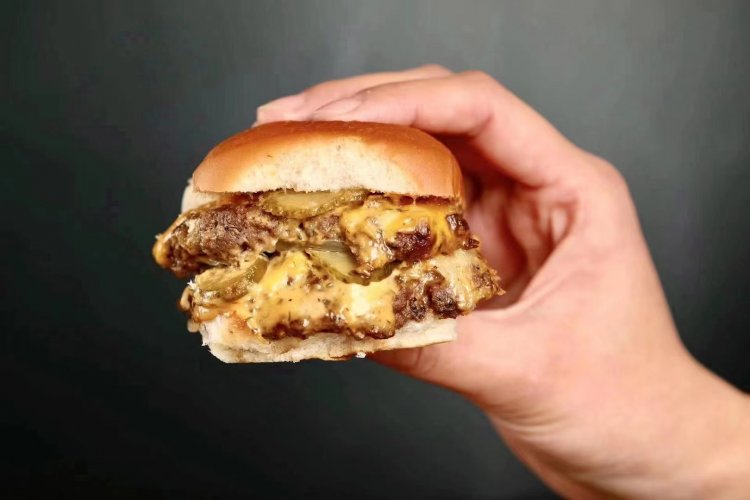In Conversation with Xavier Pellicer: Visiting Chef at TRB Temple Restaurant
TRB Temple Restaurant has been keeping it fresh this second half of the year. They just packed off Martin Brock of San Francisco’s Gary Danko, who did a month-long stint heading up the kitchen, and only a few days later Xavier Pellicer flew in from Barcelona. The Michelin-starred chef will be a one-night-only special feature, presenting his modern take on classic Catalan cuisine this Saturday evening.
In the midst of market visits and preparing the mise en place for Saturday, Pellicer graciously took a moment to sit down and chat on Thursday. He talks about his budding yoga practice and ayurvedic flirtations, the memory and roots of traditional food, and gives us a preview of what he’ll be serving tomorrow.
Why did you want to become a chef? You said at 13 you knew.
Well, my mother is French and my father is Catalan. I traveled a lot to France to visit my grandmother, and she cooked very well. I have some of those flavors in my memory. I was interested in how she would do the quiche or the roasted veal. She was living in Algeria during the war and made a very good couscous.
I would eat an omelet in France with butter, and then I was in Barcelona with my father and would eat it with virgin olive oil. It was egg and a fat and it was absolutely different – the taste was different. I think it was these kinds of things.
You’ve mentioned that your menu represents your approach to food and you’ve recently opened Barraca, your new concept restaurant in Barcelona. What is that approach exactly?
I was working with Santi [Santamaria of Can Fabes near Barcelona] for the last three years. He died in Singapore on February 14, 2011. Then the following two years I was working with the family on his concepts, and that’s when I discovered biodynamic agriculture. I learned about it for a year. I changed a lot of things. I stopped working with them in January. The family and I were running close but not quite together.
The current situation in Spain is very difficult. The economic crisis means people don’t spend a lot of money for fine dining. The proposal for Barraca was 40-45 euros maximum cover. The partner is an Argentinian man who has three stores in Barcelona where he sells organic products; that’s why I decided to be in this project.
We’ll make paellas, salads, rice dishes – the typical food you could eat at home, that your grandmother would do, but in a professional way with respect to the taste and the quality of the product. 80-85% of the products we use in the restaurant are grown ecologically.
I make less money [as a consultant], but I am happier. I don’t want to go back into the kitchen for 14 hours per day. I’d be a sad man. I did that for 25 years. I got my Michelin stars; I was on the top. But in the balance of life, it’s better in the end to be happy. And I started doing yoga.
Oh really? How long have you been practicing yoga now?
Ha, so far, six times ... once a week for a month and a half. But starting in September my plan is to do it twice a week.
I also started practicing the natural therapy, ayurveda. Last year I followed an ayurvedic diet and lost 13 kilos in one and a half months – no animal products (no fish, no eggs, no meat). During the first month, no soya or seitan [wheat gluten], only vegetables to cleanse. It was a good experience to see that you don’t need so much meat.
Do you think that ayurvedic experimentation changed your cooking at all?
Yes. I’m trying not to use as much white flour or refined salt. In my kitchen now, it’s important for me to make gastronomic food into food that is also good for your health. Normally in fine dining, it’s like “everything is ok, you can do whatever you want.” It’s a party; you do an excess of everything – a lot of caviar, a lot of lobster, a lot of oysters. But after I did this ayurvedic process, my concept grew to that it’s better to have these special moments, but not with an excess of quantity or anything. To go home after the meal and sleep well, not to have indigestion. I think a nice celebration is when you eat what you need to – not more than that – and then you are ok with your mind and with your stomach.
Your career happened during such an exciting and big time in Spain what with molecular gastronomy and all. What are your thoughts on it?
I’m friends with Ferran Adria but I don’t do molecular cuisine. I was closer friends with Santi who was the other side of the scene. When I was at Abac [his former restaurant], I experimented with some molecular cuisine. But in honesty, I don’t appreciate a lot of molecular cuisine techniques because I don’t want to lose the memory. I want to work with the roots of where we were born and from where we come; that’s very important for me. Also, I like the traditions a lot because it’s a part of your identity, and it’s important when you go away that you can explain what happens at home.
We heard that you were waiting to set your menu for Saturday until your market visits. Do you have an idea of what you might be cooking now?
I’m thinking we’ll start with two kinds of appetizers: watermelon infused with campari and a piece of fresh peach infused with cherry wine, then tomato with virgin olive oil with crispy bread, salt, and dried sausage from Catalonia that I brought. It’s called “pan con tomate” and the sausage is very good … well, it is from Catalonia. We’ll do a course of one of my signature dishes, a tartare with avocado and mushroom and king crab on top and a lemon-basil sorbet.
My dishes aren’t very complicated; I use three to four products maximum. The idea is to be clear and concrete with what I am trying to explain in the dish. The way that I am working now in Spain and Catalonia uses many more organic, biodynamic ingredients, but that’s hard to find here.
When you come to taste a menu of a guest chef, people must be happy at the beginning and then also, at the end as well. You can love one dish more than another one but in the end, the menu must be balanced, fun. I don’t want stars. When I finish the job, I want everything to be ok with me and also with the guests.
Catch the Catalan chef in the Temple kitchen for one night only tomorrow, Saturday August 3. Seats for the wine-paired dinner are RMB 988+15% and can be reserved at meet@temple-restaurant.com or 8400 2232.
Photo: Cat Nelson/the Beijinger






